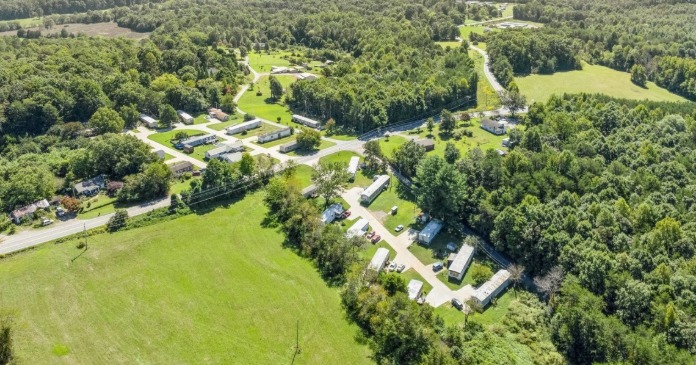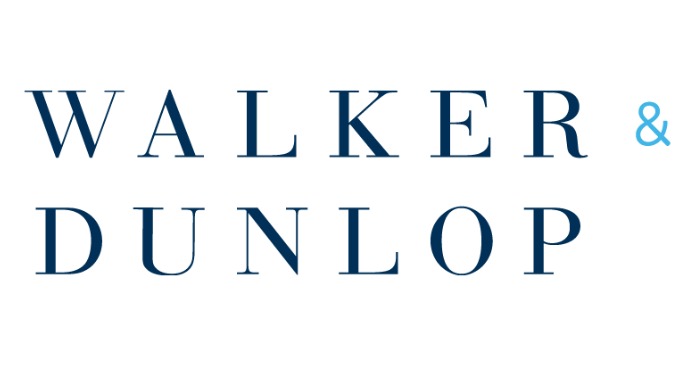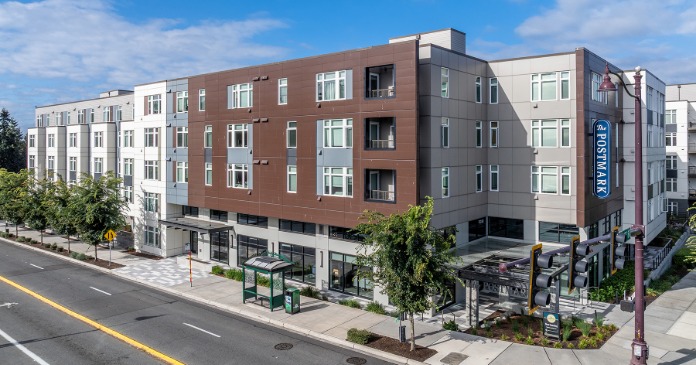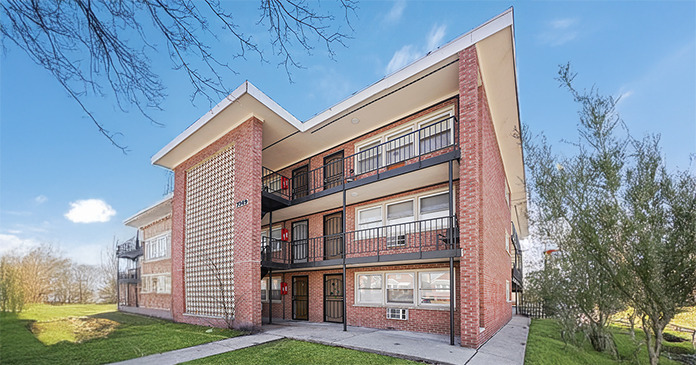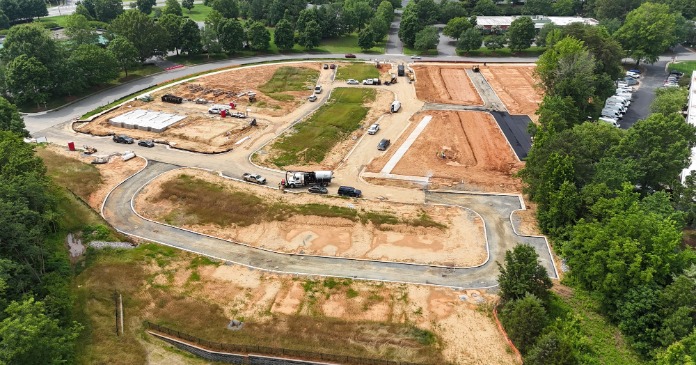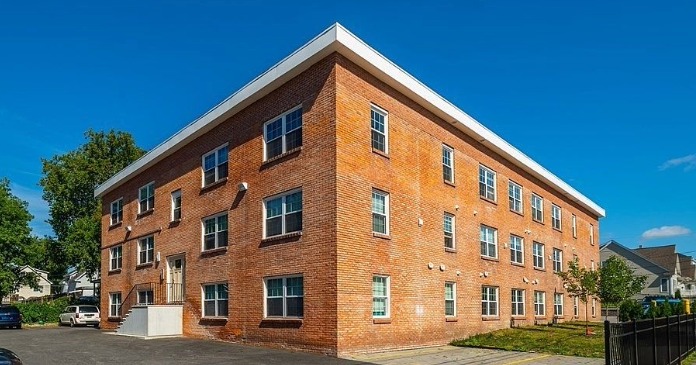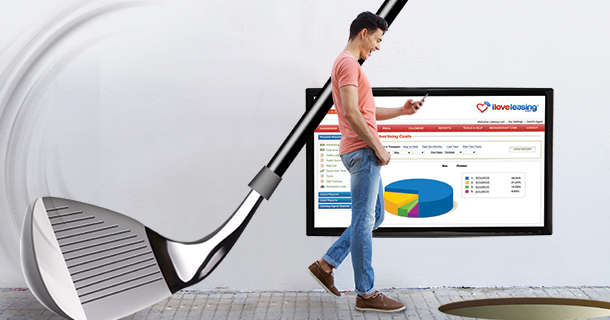
The marketplace also is hesitantly trying out new customer relationship management (CRM) technologies for life-cycle consumer management in the hopes they will increase profitability and competitiveness. These all-encompassing communications management suites offer both single and bundled solutions.
When researching these contact management offerings, one quickly realizes there are a lot of details to wade through, understand and compare. Most of the products’ providers are more than willing to facilitate RFP efforts with prepared questionnaires and educational materials to help ensure that purchasing decisions match executive goals and business practices.
But nuances in this nascent field can be as subtle as are the variations in lead-tracking management for short-term consumers looking for strong closing ratios, like apartment developers or owners who are repositioning assets.
CRM applications typically are designed for operators of stable portfolios seeking to improve or manage tenured resident relationships. The challenge to comprehend these discrepancies is compounded by bias within our ranks.
While those familiar with applied and industrial sciences might welcome technology that promises to at the least increase ROI, some industry insiders see an uphill battle for anything truly disruptive.
Though property managers see the benefit of improved data handling and its associated transparency of on-site contact management, resistance to automation is prevalent among those who project the displacement of leasing jobs with the advancement of these sophisticated robotic systems.
Ester Bonardi, Senior Director—Marketing Strategy at Yardi Systems explains the hesitation, “Agent lead tracking systems should be a complete CRM, but unlike other industries, leasing professionals are not familiar with the benefits of this type of tool. The challenging dynamics of this sector (necessitates) that it must be simple enough to be adopted, but robust enough to manage the life cycle of the lease.”
Becca Wilson, founder of Spherexx, a tenured provider of custom software for the multifamily industry, says there could be many reasons for limited adoption.
“Many of the large property management software systems bundle both lead management and CRM platforms into their service offering,” she said.
She believes only the small group of “best of breed” solutions that offer real time bi-directional integration should be considered by any property management company that questions whether they are providing the best leasing tools for their leasing teams.
“Every owner and operator must have lead tracking software in place at every single apartment community. It’s one of the most insightful and affordable asset management tools you can implement,” said Wilson.
In some cases, even best of breed solutions are overlooked simply because they offer prescribed, prepared modules that are incorporated into the main financial services platform, a service the client already is ‘paying’ for.
Lead Tracking Management and the newly emerging CRM platforms had humble beginnings in the late 1980’s with printed apartment marketing books that used custom phone numbers for prospect tracking. These morphed into simple contact forms collection with the Dot-com era websites. A few decades ago, companies like CallSource and Who’s Calling improved management oversight by offering multi-phone number references enhanced with central reporting that allowed management members to know exactly which media sources delivered the most qualified consumers.
Each iteration of telephony, integrated data mining and the inclusion of call center services brought generational improvements and elevated product competencies within the property management software sector and its inherent data bank.
The various providers of Lead Management services, now integrated with voice over IP controls and deep detail reporting, worked closely with the financial services sector to create automated integrated tracking platforms. Companies like Lead to Lease, purchased by RealPage, and Lead Tracking Services, purchased by Yardi, helped to set the standard for sophisticated marketing applications and were the key source for oversight of lease origination.
Lease Tracking Management continues to be a core informational business service at the heart of leasing offices across the nation. At its most basic standard, any good lead management strategy consists of tracking ad sources, capturing and qualifying leads and nurturing leads into residents.
“Lead management strategies are nothing new, but now more than ever, companies are scrambling to find better lead management tools to improve ROI on their marketing spend. But they are looking for affordable lead management solutions that offer easy integration without disruption to their existing business,” said Clint Reeves, VP of Operations and Marketing at Rent Dynamics, a market upstart that recently deployed its intuitive and interactive prospect interviewing tool, the Digital Lead Card, which incorporates a systematic approach to phone and email follow-up practices.
Other players in this tight-knit space include a CRM platform and mobile application from independently operated LeaseHawk and specific product lines from large financial services providers like the Yardi Pop-Card and RealPage’s Lead to Lease—an elemental component of LeaseStar.
All four of these product offerings provide integrated reporting supported by live agents within an optional call center environment.
Jarom Johnson at Wasatch Management explains the need for call center services embedded with Lead Tracking management. “Like the rest of the industry, we weren’t answering 30 percent of phone calls, and we didn’t realize this was happening.”
As a purchaser of the Rent Dynamics platform, Johnson finds that call center services integrated with the data management offerings facilitate his ability to expand functional tracking data into action items on-site. Recently, call center services migrated into the budgets of management operators as a result the Internet’s 24/7 leasing capabilities and a need to quickly respond to consumers looking for an apartment. “A genuinely unique prospect leasing experience is the result of an applied qualified lead management program. Today, we can leverage that technology to make that experience the best in our industry,” said Johnson, who continues to justify the benefits of the bundled solution.
RealPage’s lead tracking platform includes core services similar to those of others who share their space. Continued product enhancements ensure they are more easily adopted and include upgrades like being browser agnostic. “Our product is ever evolving. The user interface is supported by multiple environments, including desktop, tablet and mobile,” explains Sarah Marshall, RealPage public relations manager.
RealPage introduced its latest intellectual algorithmic decision-making upgrade, the Lead Scoring module, at its recent user conference. “Our proprietary decision-making, prospect-prioritizing system delivers targeted consumers for agent communications. The task center within the application guides each leasing agent’s responsibilities based on those best profiles that can be converted to a lease,” said Marshall.
The new generation of Lead Tracking Management systems are evolving into institutional CRM solutions designed to capture, index, facilitate and document all client communications from the initial marketing-based contact referral through the resident-tenured experience and subsequent move-out notice and departure. All information and communications are captured and compiled into a complete resident profile with available historical analysis.
Several companies offer solutions in this marketplace. Spherexx’s suite of leasing software includes I Love Leasing, a prospect engagement and closing tool. LeaseHawk is delivering its interactive voice platform, ACE. RealPage now offers Active Building, while Yardi has presented its Rent Café CRM. Other providers are emerging.
Purposeful controls include capturing the lead source, follow-up management (task center) and employee goal reporting. Yardi’s Rent Café CRM, Rent Dynamic’s CRM/software platform and LeaseHawk’s CRM all capture digital information on the client and records and archives voice communications. The entire thread of client contacts—phone, text, and email—are collected seamlessly and provide onsite teams the continuity of message and the ability to be prepared for the next communication event. These platforms provide for agent specific tasks with integrated management oversight and assignment prioritization. Management members can use the reporting controls to guide agent work cues and contact schedules.
Ironically, each provider’s solution captures similar CRM data, but that is where the similarities end. Each of these products/platforms include a plethora of customization choices, data validation tools, user interfaces and, most recently, functional vehicles for data delivery.
Spherexx’s I Love Leasing CRM offers integration with property and revenue management systems, lead and prospect demand collection and a large number of a la carte options like inbound and outbound call tracking and recording, on-demand staff reporting and training and interactive features, but its competitive edge is its real-time, bi-directional integration-media spend analytics and mobile app.
“The true measure of a CRM is to provide tools to work more leads quickly, along with the ability to measure the leasing agent’s productivity and quantifying the return on the advertising dollars spent to drive traffic. We have automated ‘auto-pilot’ tools, as well, but ultimately the agent has to close the deal,” said Wilson.
LeaseHawk offers an interactive solution that transforms the way leading multifamily companies and their customers communicate. ACE (Answer Calls Every time) is an automated assistant that engages apartment prospects using natural language, similar to Apple’s Siri or Amazon’s Alexa, to answer leasing questions, make appointments and collect guest card information 24/7.
“Today’s renters are using self-service tools to handle their entire apartment search without interacting with a person. ACE enables callers to take control of the conversation and gives apartment management companies a cost-effective and more reliable alternative to call centers,” says Mike Cornell, chief product officer of LeaseHawk. He elaborates, “Intelligent assistant technology is already widespread in many industries including hotels, airlines and retail, and will drive the future of apartment hunting by creating a self-service model that is responsive and consistent.” In fact, Gartner Research predicts that by the year 2020, customers will handle 85 percent of their relationships with a company without ever interacting with another human being. This trusted source for business knowledge appreciates the challenges our industry faces.
Once the stuff of science fiction, automation is not just futuristic, it is infusing every faucet of our lives, while mobility facilitates our daily experiences. Yet multifamily continues to struggle with models that were abandoned years ago by other industries. There are so many questions, even more needs, and, though there are solutions, the answers are not apparent. Creating a comparative review of offerings would be a helpful start. Maybe our friends at NMHC Tech will craft a panel this November to shed light on these new and somewhat misunderstood technologies.








